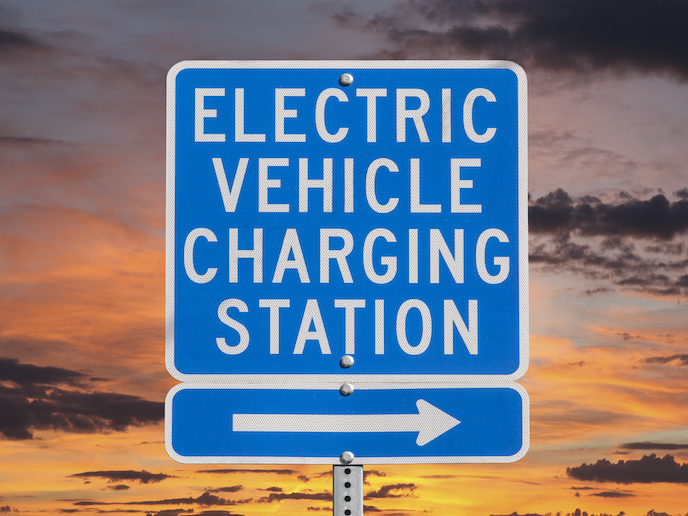Helping drivers find and pay for electric vehicle charging points
According to the EU(opens in new window), 27 % of its total greenhouse gas emissions came from the transport sector in 2017, with a 2.2 % increase in CO2 transport emissions compared with 2016. Electric vehicles (EVs) are often touted as a solution to reduce such emissions. EVs are now widely considered comfortable, economical, environmentally friendly and capable of meeting most travel requirements. Yet, they have not been widely adopted in the marketplace, one of the main impediments being a lack of charging infrastructure. In response, the EU-funded Navigato project has developed a system for EV drivers to locate available charging stations, while also enabling feeless payments using a mobile wallet. The AI-based system uses an open-source distributed ledger(opens in new window), aligning it with ambitions for assured data integrity which is key to the progress of Internet of Things(opens in new window) (IoT) technology. “Navigato is talking about charging-as-a-service, because as well as customers we target all service providers along the supply chain for mobility solutions,” says Kalin Tsekov Kamenov from Navigato(opens in new window) and project coordinator. “If someone wants to put a charging station somewhere, we can help select the best location based on our system’s data.”
Navigation, charging and beyond
Navigato’s charging station search service uses what3words(opens in new window) technology accessible on an app. what3words gives every 3 m square in the world a unique permanent three-word address, making map references easier to find, remember and share. Users enter their current location, and Navigato will give them a map reference for their nearest charging station. When it comes to making payments for charging, the Navigato app uses IOTA(opens in new window) technology. IOTA is the first, open-source distributed ledger and cryptocurrency(opens in new window) which is designed for the IoT. Unlike the more commonly known cryptocurrency blockchain(opens in new window), IOTA does not charge a fee for transactions. “As Industry 4.0(opens in new window) fast approaches, the best way to develop smart ecosystems is in the open-source community which offers autonomy, security and high performance, independent of centralised ownership,” adds Kamenov. Navigato will also offer services for business-to-business customers. The data collected during secure exchanges between vehicles, owners and drivers constitutes valuable information for mobility service providers. This data could be about vehicle usage, maintenance or financial transaction history, for instance. Navigato’s proprietary AI algorithms use the data to help businesses offer a better, more targeted, service. For example, when infrastructure suppliers are planning where to install charging stations, Navigato could identify areas where demand is unmet. “We have launched several pilots with one utility company and a proof of concept in a small supermarket chain. Feedback has been positive and has helped us identify areas for improvement,” explains Kamenov.
Boosting the low-carbon transport sector
In April 2019, the EU boosted the low-carbon transport sector by adopting a Regulation setting CO2 emission standards for new passenger cars and vans(opens in new window). These tough new rules could herald the long-anticipated increase in the uptake of EVs. Navigato helps to address the range anxiety barrier by making charging easier and more reliable. “If charging infrastructures are more advanced, sales of electric vehicles are likely to increase sharply for both private and business consumers,” notes Kamenov. The team have already started building relationships with major partners such as supermarket chains, to look at ways of integrating Navigato within their systems, applications and products.







